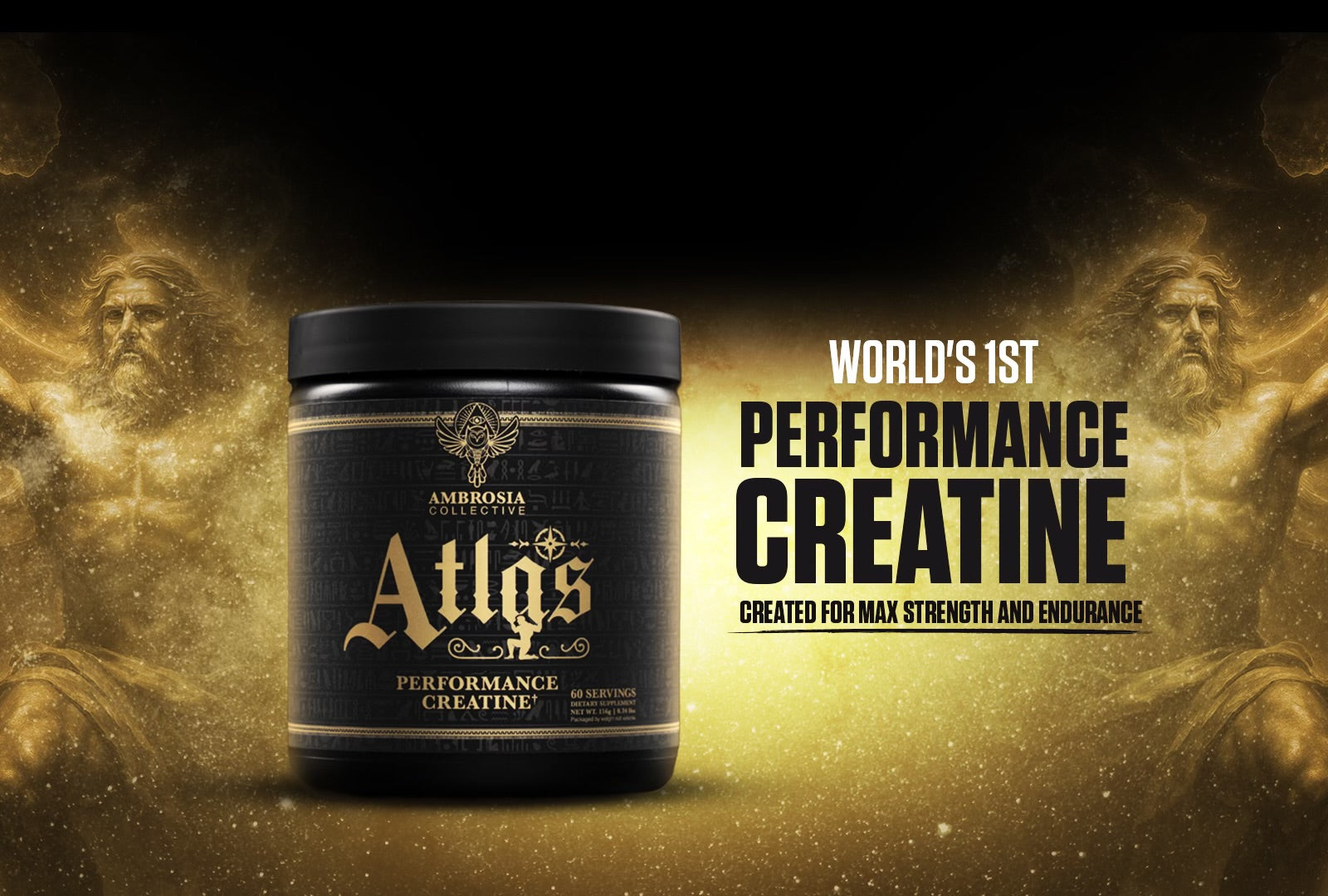Albert Einstein’s brain got dissected back in the 80’s by a doctor named Marian Diamond.
She found out that Einstein did not have more neurons than the average person. But he did have more of these little star-shaped cells called astrocytes.
We used to think that astrocytes were nothing more than “brain glue” that held our neurons together.
We also used to think that a brain synapse was nothing more than a connection between two neurons.
We now know that both of those things are wrong.
A brain synapse is actually made up of two neurons and one astrocyte. The astrocyte nurtures the neurons and coordinates with up to two million of them at a time.
In fact, when they put human astrocytes into baby mice, they become much smarter. Their learning and memory are faster.
But here’s the coolest part: you can actually increase the number of astrocytes you have in your brain.
Doctor Diamond, the woman that examined Einstein’s brain, found five different factors that contributed to his large astrocyte count.
Every single one you can do on your own without spending any money.
I’ll tell you what they are at the end, but keep reading because all of this ties into itself.
See, what’s really interesting, is that astrocytes can change and even grow.
They are major contributors to something called “brain plasticity.”
Now, brain plasticity is one of the most controversial subjects in neuroscience, especially when it comes to whether or not you can improve brain function with training.
If you’ve been online at all in the last 10 years, you’ve probably seen ads for brain training apps like Lumosity, BrainHQ, or Cognifit.
These companies claim that their brain games can enhance mental capabilities, improve memory, critical thinking skills, and even protect you from degenerative age-related dementia.
But do those actually work? The answer is...maybe. We simply don’t know yet.
Some of the studies done on brain training show that it does work.
But there are studies that say the exact opposite: it does nothing.
In 2014, 70 scientists signed an open letter published by Stanford saying the benefits of these brain games are not backed by science.
But on the other hand, there are countless anecdotal stories of people using brain games to change their lives, reverse concussion symptoms, and more.
The studies do confirm that using brain games will improve your speed and skill at doing those specific games.
But the problem is when companies say that their products allow you to transfer those skills out into everyday life or that they prevent diseases.
In fact, Lumosity got into trouble with the FTC for its marketing products that claimed to do that.
They had to pay a $2 million settlement. Needless to say, their advertising is a lot different now than it was then.
So is there any way that you can actually increase your cognitive function?
Well, there might be. This goes back to what I was talking about with Einstein.
Back in the 1960’s, Dr. Diamond discovered that if they put rats in an “enriched environment” that it increased their astrocytes.
This happens in young mice and in old mice.
But what about in humans?
Glad you asked. In 2017, a study out of Germany showed that workers who experienced “recurrent novelty” in their work had larger brain volumes in the areas responsible for executive function and motivation. They also had improved cognitive function when they hit middle age.
So how do you create an enriched environment for yourself that exposes you to recurrent novelty?
Here are five strategies that Dr. Diamond developed over the course of her career.
- A good diet - I talk a lot about eating a plant-based diet. I do it for the physical and mental benefits I get from it.
- Exercise - If you’re not putting in the work somewhere--the gym, the track, the trail, the ocean, the pool--start doing it.
- Challenge - This can be something as simple as learning to write your name with your left hand or even learning a new language. Think of something that is hard for you to do...now go do it.
- Novelty - Minimize repetition. This requires you to think creatively about how you spend your time, what your focus is, and how you can throw yourself curveballs.
- Love - Dr. Diamond observed that mice in her lab lived longer if they were cuddled. Your family, friends, pets, your community...these people in your life can literally help you live longer and improve your brain.
This is where we’re at with the science on brain plasticity. We’re always learning new things but these are five things that you can start doing today that will improve your cognition and mental capacity.
Live like a lion.
- Mike Rashid King
Mental Jewels®
Protein is food for your muscles. Mental Jewels® is food for your brain. It unlocks your full cognitive performance. Mental Jewels® is not a stimulant like caffeine. It is nourishment for the cells and processes in your brain that you need to operate at peak performance. Click here to learn more.













